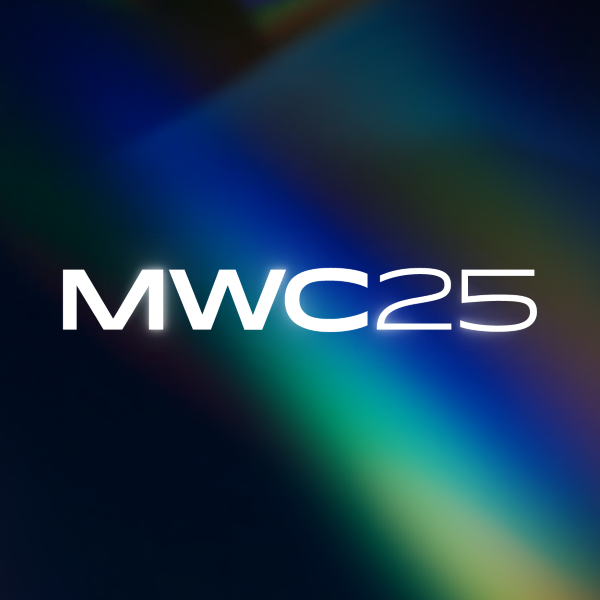At the World AI Conference in Shanghai, China announced the creation of the World AI Cooperation Organization, an international alliance focused on guiding global AI governance. Chinese Premier Li Qiang emphasized the need for inclusive rules and cautioned against monopolies, indirectly addressing Western influence. The launch saw participation from over 30 countries, including Indonesia, Ethiopia, and Bangladesh, with a notable absence of the US. Indonesia’s vice president praised the initiative, noting China’s role in developing AI curricula for 400,000 schools. Based in Shanghai, the alliance aims to position China as a leader in establishing AI norms, though specific details remain scarce.
China’s strategy focuses on gaining the support of developing nations by making advanced AI technologies more accessible. Companies such as DeepSeek, Alibaba, and Moonshot have released open-weight language models that compete with those from OpenAI, without financial barriers. These models can be freely downloaded and customized, offering a practical solution for countries lacking the resources to develop their own systems. While US companies still dominate in foundational hardware, particularly with Nvidia’s chips, China’s approach emphasizes cost-effective deployment and digital sovereignty, appealing to non-Western governments.
Meanwhile, President Donald Trump has outlined a contrasting vision for the US, emphasizing bias-free systems and maintaining America’s leadership in global standards. However, for countries navigating between these two powers, the choice may not be straightforward. As South Africa’s digital minister noted at the conference, it’s about integrating the best aspects of both models. With AI expected to generate $4.8 trillion by 2033, the competition over rule-setting could be as crucial as the race to develop the technology itself.


